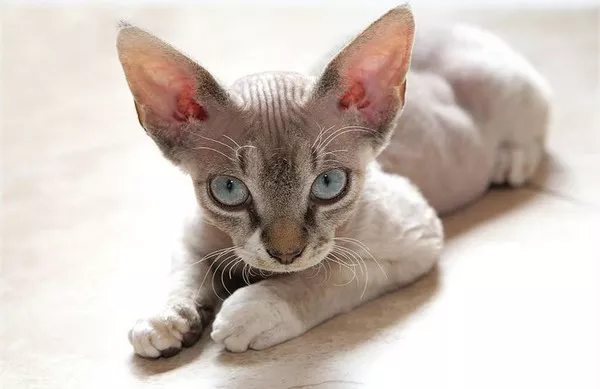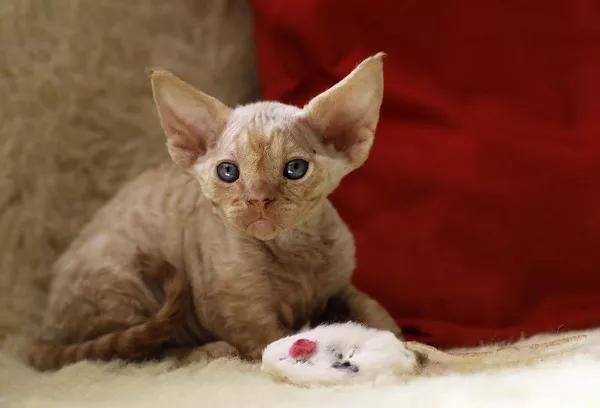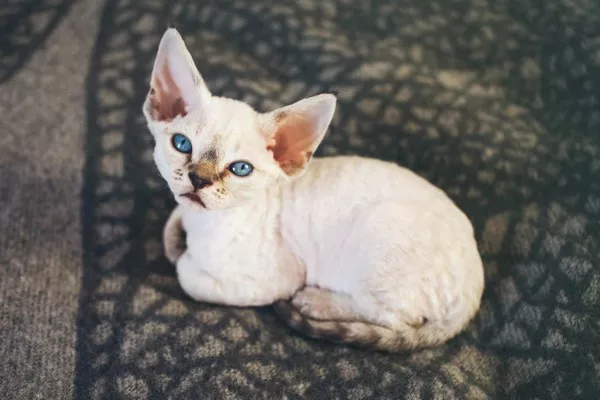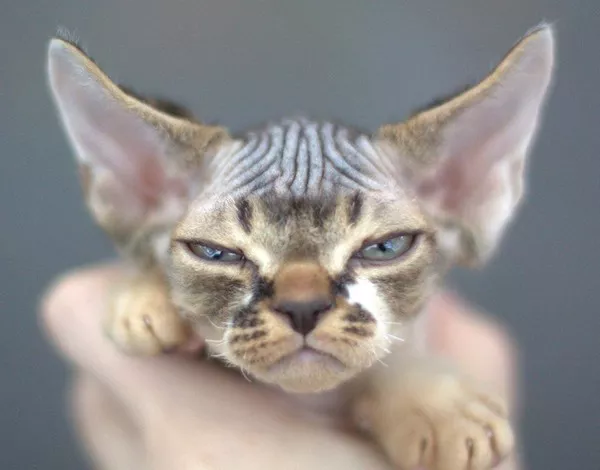The Devon Rex cat, with its distinctive appearance and playful personality, has captured the hearts of cat enthusiasts around the world. Known for their curly coats, oversized ears, and mischievous nature, Devon Rex cats are a beloved breed cherished for their affectionate demeanor and unique charm. In this comprehensive guide, we explore the intricacies of breeding Devon Rex cats, from selecting breeding pairs to caring for newborn kittens.
Understanding the Breed: Characteristics and Traits
Before embarking on the journey of breeding Devon Rex cats, it is essential to understand the breed’s characteristics and traits. Devon Rex cats are known for their distinctive appearance, which includes a slender body, large ears, and a soft, wavy coat that lacks guard hairs. Their playful and affectionate nature makes them popular companions for families and individuals alike.
When breeding Devon Rex cats, it is important to select breeding pairs that exhibit the desired traits and characteristics of the breed. This includes assessing their physical appearance, temperament, and overall health to ensure that the offspring meet breed standards and are suitable for future breeding or adoption.
Preparing for Breeding: Selecting Suitable Breeding Pairs
The first step in breeding Devon Rex cats is selecting suitable breeding pairs. When choosing breeding cats, it is important to consider a variety of factors, including their pedigree, lineage, and genetic health. Breeding cats should be free from genetic defects and hereditary conditions that could be passed on to their offspring.
Additionally, breeding pairs should complement each other in terms of physical appearance and temperament. This includes considering factors such as coat color, texture, and pattern, as well as personality traits such as friendliness, playfulness, and sociability.
Breeding Practices: The Mating Process
Once suitable breeding pairs have been selected, the mating process can begin. Breeding Devon Rex cats typically involves allowing the female cat, known as the queen, to come into heat, during which she will exhibit signs of receptivity to mating. Male cats, known as toms, can be introduced to the queen during this time to facilitate mating.
It is important to supervise the mating process to ensure that it occurs safely and without injury to the cats involved. Additionally, breeders should be prepared to provide support and assistance to the queen throughout the mating process, as well as during pregnancy and childbirth.
Pregnancy and Birth: Supporting the Queen
After successful mating, the queen will enter into pregnancy, which typically lasts for approximately 63 days. During this time, it is important to provide the queen with proper nutrition, veterinary care, and a comfortable environment to support her health and well-being.
As the queen approaches her due date, it is important to monitor her closely for signs of labor and to be prepared to provide assistance if necessary. This may include helping to clean and care for newborn kittens, as well as providing support to the queen as she navigates the birthing process.
Caring for Newborn Kittens: The First Weeks of Life
Once the kittens are born, they will require round-the-clock care and attention to ensure their health and development. Newborn kittens are born blind and deaf, relying on their mother for warmth, nourishment, and protection.
During the first weeks of life, it is important to monitor the kittens closely for signs of health issues or developmental concerns. This includes ensuring that they are gaining weight steadily, nursing properly, and eliminating waste regularly. Additionally, kittens should be kept in a warm, quiet environment free from drafts and other potential hazards.
Socialization and Development: Nurturing Healthy Kittens
As the kittens grow and develop, it is important to provide them with opportunities for socialization and interaction with humans and other animals. This includes handling the kittens gently from a young age, exposing them to different sights, sounds, and experiences, and providing opportunities for play and exploration.
Socialization plays a crucial role in shaping the kittens’ behavior and temperament, helping them to grow into well-adjusted and confident cats. By nurturing their physical, emotional, and social development, breeders can help ensure that the kittens are prepared for life as beloved pets in their future homes.
Conclusion: A Labor of Love
In conclusion, breeding Devon Rex cats is a labor of love that requires dedication, patience, and a deep understanding of the breed. By selecting suitable breeding pairs, providing proper care and support throughout the mating process, pregnancy, and childbirth, and nurturing the healthy development of newborn kittens, breeders can help ensure the health and well-being of future generations of Devon Rex cats.
With careful planning, responsible breeding practices, and a commitment to the welfare of the cats involved, breeders can play a vital role in preserving and promoting the unique charm and characteristics of the Devon Rex breed for generations to come.



























